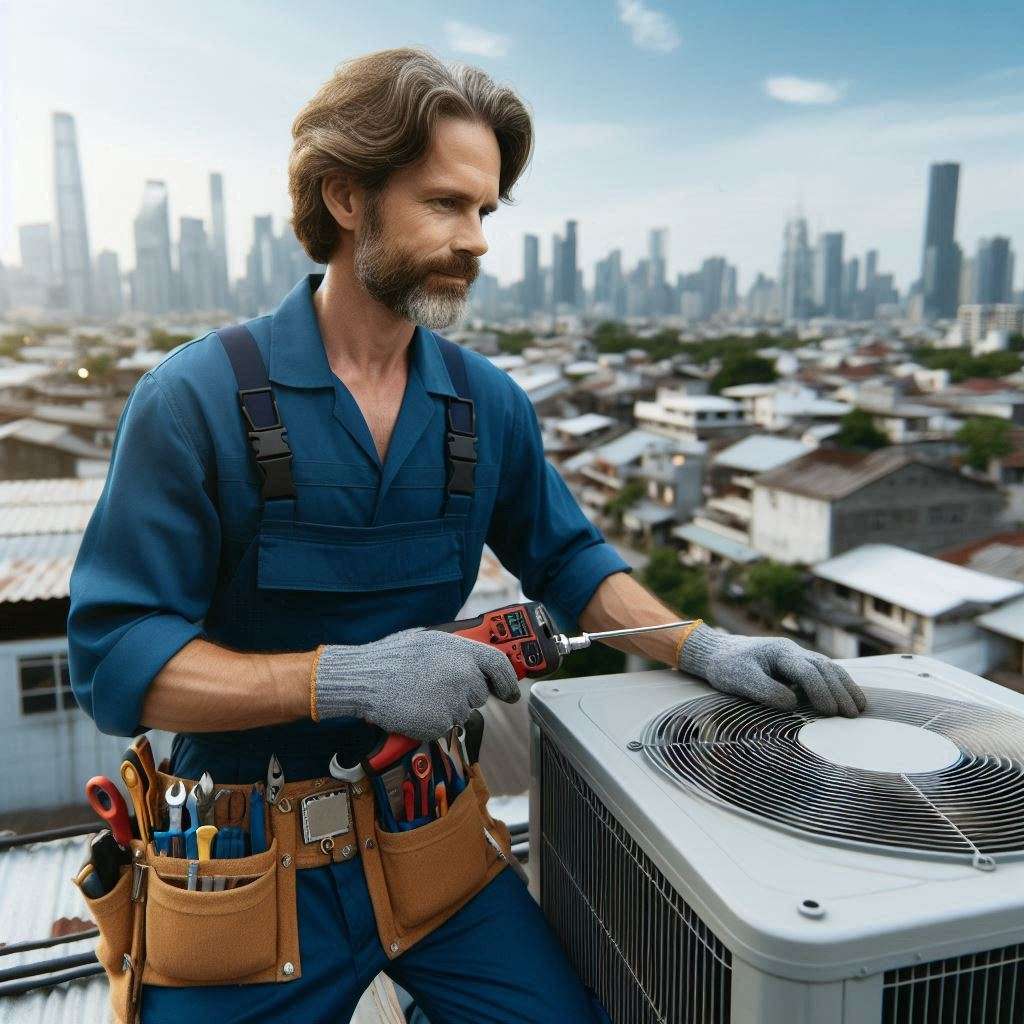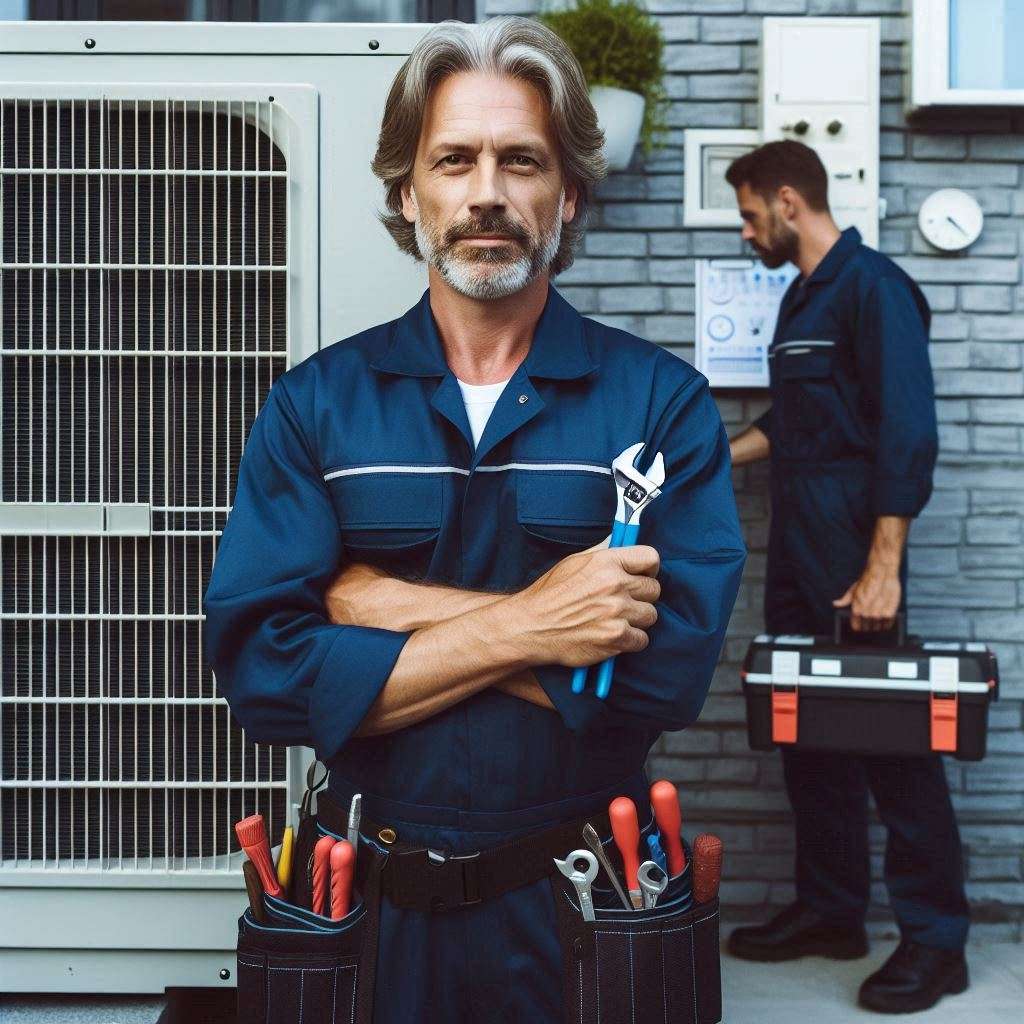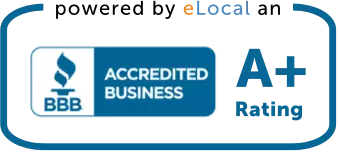Why is My Air Conditioner Not Cooling? Common Issues and Solutions
There are several potential reasons why your air conditioner may not be cooling your home effectively. Understanding these issues can help you troubleshoot and potentially resolve the problem before calling in a professional. Below are some common issues to consider if your AC is not blowing cold air, along with additional details to help you better understand and address the problem. Dirty Air Filters one of the reasons why your AC unit is not blowing cold air One of the most common reasons for an air conditioner not cooling properly is dirty or clogged air filters. When air filters become clogged with dust, dirt, and debris, they restrict airflow through the system. This reduced airflow makes it harder for your AC to cool your home efficiently, causing it to run longer and work harder than necessary. Refrigerant Leaks – another reason for AC unit to stop blowing the cold air Refrigerant is the substance that cools the air in your air conditioning system. If your system is low on refrigerant, it may be due to a leak. Refrigerant leaks can significantly impact the cooling capacity of your AC and may cause it to blow warm air. Thermostat Problems The thermostat is the control center for your air conditioning system. If the thermostat is inaccurate or has a faulty sensor, it can lead to incorrect temperature readings, preventing your AC unit from cooling properly. Dirty Condenser Coils – common reason for no cold air flow The condenser coils in your outdoor unit play a crucial role in dissipating heat from the refrigerant. Over time, these coils can accumulate dust and debris, reducing their ability to release heat effectively. Dirty coils force the system to work harder, reducing its efficiency and cooling capacity. Issues with the Compressor – would be another cause for AC unit not to blow cold air The compressor is the heart of your air conditioning system, responsible for circulating refrigerant and maintaining the pressure needed for cooling. If the compressor is malfunctioning due to electrical problems or motor failure, it can hinder the cooling process and cause your AC unit to blow warm air. Blocked Airflow – most common reason Blocked or obstructed vents, registers, or ductwork can restrict the airflow throughout your home, reducing the overall cooling performance of your air conditioning system. Blockages can occur due to furniture, curtains, or debris in the ductwork. Additional Tips for Maintaining Efficient Cooling Conclusion If your air conditioner is not cooling your home effectively, there could be several underlying issues, such as dirty air filters, refrigerant leaks, thermostat problems, dirty condenser coils, compressor issues, or blocked airflow. By understanding these common problems and their solutions, you can take steps to improve your system’s performance and resolve the issue of AC unit not blowing the cold air. However, it is always advisable to have a professional HVAC technician inspect your air conditioning system to diagnose the specific issue and recommend the necessary repairs or maintenance. Regular maintenance and timely repairs can help ensure your AC operates efficiently, keeping your home cool and comfortable. Written by: Koba Razmadze, HVAC Contractor with 35+ Years of Experience Koba Razmadze is the owner of RK Mechanical Air Services and holds a C20 Contractor License (#1064548). With over 35 years of experience in the HVAC industry, Koba specializes in both residential and commercial HVAC systems, ensuring expert-level service and advice. Contact Information: Phone: +1-916-634-0442 Email: hvac@rkmechanicalairservices.com We encourage our readers to leave comments or questions below. Your feedback is important to us, and we’re here to help with any HVAC-related inquiries you may have.





